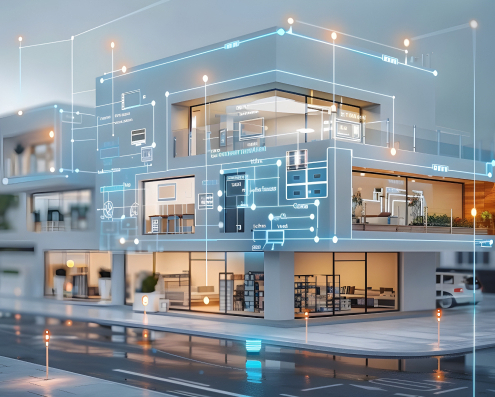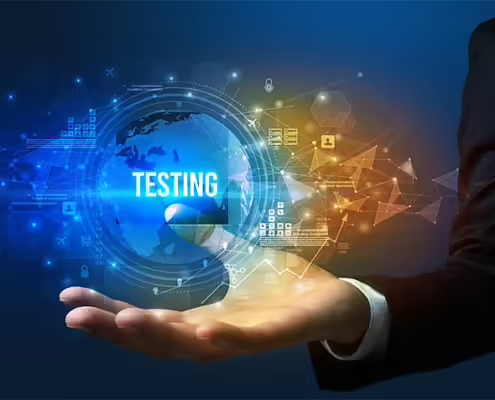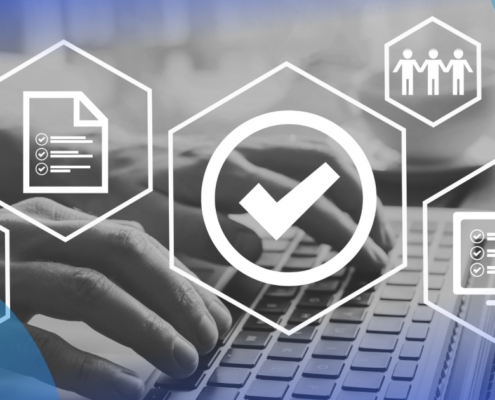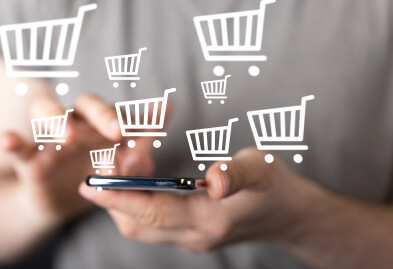
B2B e-commerce solutions have grown tremendously over the years and are thought to trump B2C e-commerce by at least 6 times according to some reports. In doing research and looking into the best B2B solutions out there it seems like everything points to the same ideas which is building the solution with the customer experience in mind and creating personalized interaction. There are many other considerations that we will highlight too but at the end of day it is about translating the offline sales experience to the online world and B2B is much more about personalization than B2C.
Getting into the areas of considerations, the first item is the product catalog. B2B typically is more complex and sometimes not everything can be done through a SKU but where possible businesses are pushing for more online transactions. Their portals will require more product descriptions, informative infographics, and diagrams since their customers need to be more well-informed. The ability to favorite lists of regularly purchased products and order history will be beneficial so that customers do not have to spend significant time making future purchases. In addition, having things like how-to videos embedded or links will decrease the need for their customers to reach out for support.
Pricing will be an important consideration too. B2B sales typically result in larger ticket items and likely will require the ability to do personalized pricing because of pre-negotiated contracts. This means that there needs to be profile and login features that help differentiate the customers. The customer negotiated pricing and discounts need to be applied to their company and profiles in order to facilitate online transactions. There also needs to be the ability to create custom quotes or request for custom quotes because the complexity of B2B sales
B2B sales is generally a very personal sale between the customer and the salesperson.
Order fulfillment will require quite a bit of feature consideration. Firstly security will be critical such as PCI compliance. The solution should also allow for order workflow since it’s typical within business purchases to have more than one approval process. Personalization is important here because different roles and profiles may have different authorization levels.
Example: an IT manager may only be able to approve orders up to $5,000 and everything above may require upper management or procurement approval. When it comes to the delivery there may be offers to entice a customer to get over a particular dollar amount; free shipping over $1,000 for instance. Some customers may have their own shipping contracts with courier companies and have their own shipping accounts so the site needs to have the ability to add this option. The portal needs to account for these and other items when creating a B2B e-commerce solution.
B2B sales is generally a very personal sale between the customer and the salesperson. The interactions are important and the salesperson needs to learn about how the customer operates, how they purchase, why they purchase. This is different from B2C where there may have been little to no interaction prior to the transaction. This is why creating a very personalized experience in B2B is so important compared to B2C.
As you read above this means you have to be able to create a product catalog that is geared to provide the right information the customers needs at their fingertip, it has to have personalized pricing so that the customer knows they are getting the prices they have negotiated, and end the fulfillment process still has to be personalized to reflect some workflows that they in place internally.
Having helped customers in this area at Veriday we understand the value of creating that personalized experience and designing user-centric B2B solutions. We are well suited to help customers integrate all the required features so that their B2B commerce solution is more than an extension of their ERP system; it is an omnichannel experience and one that is highly catered to the customers they serve.












